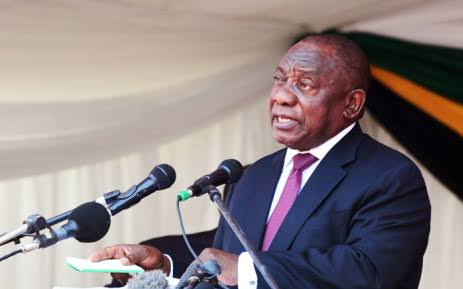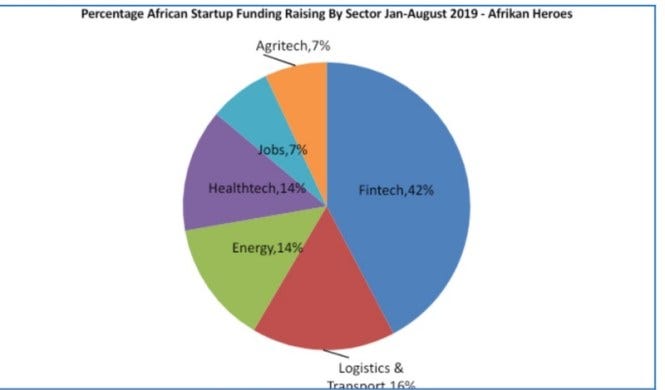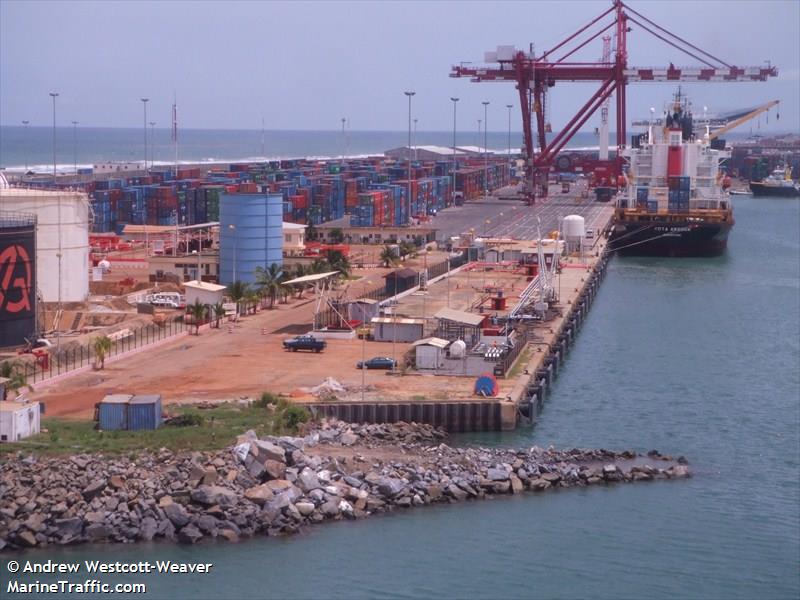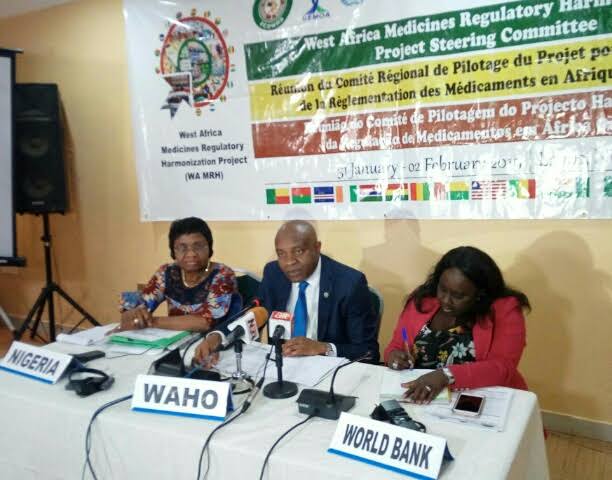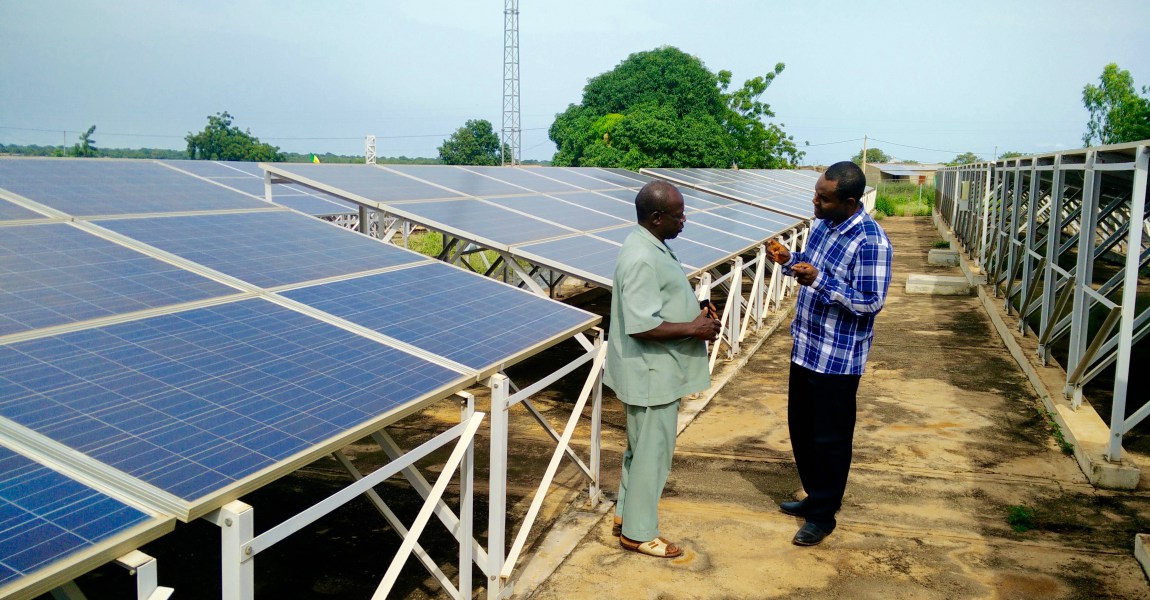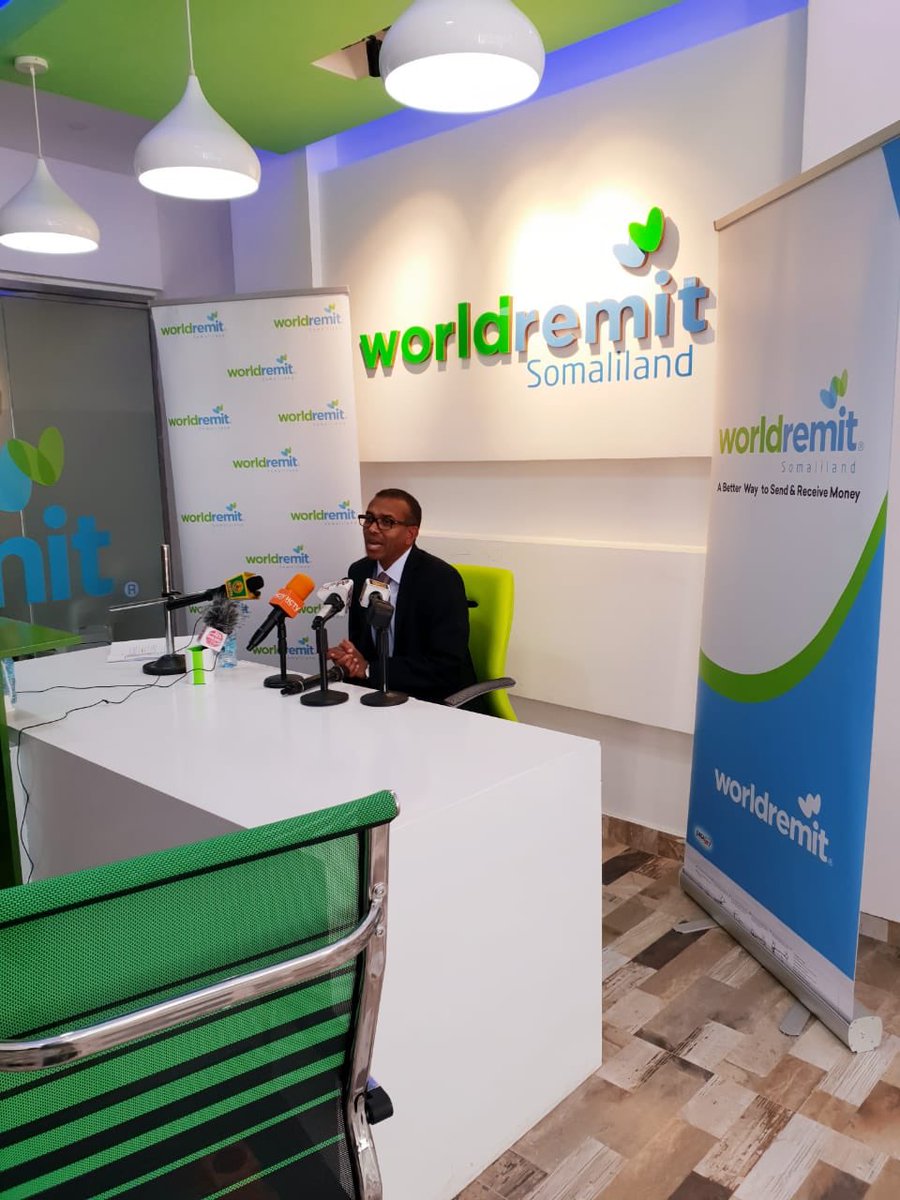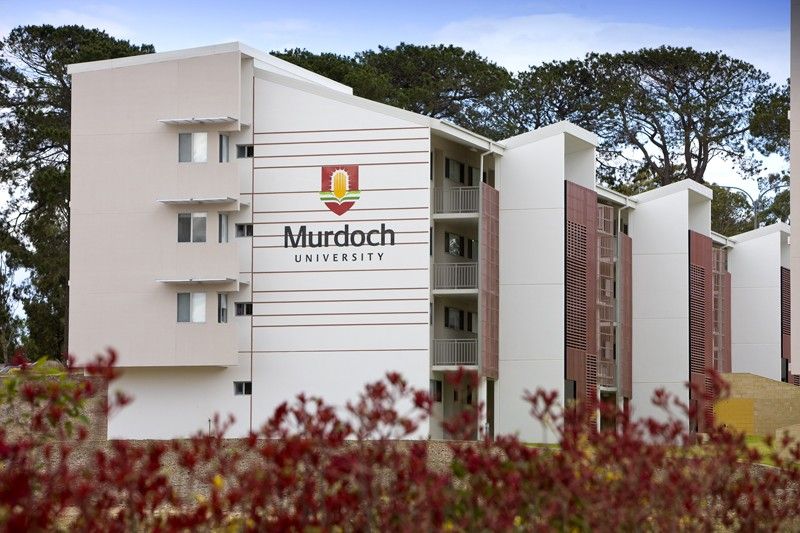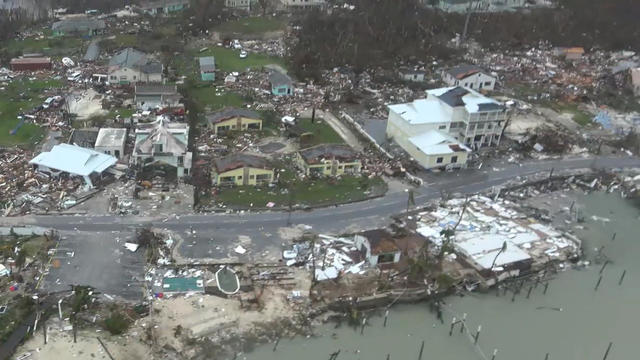South Africa Is Developing A Law That Will Bar Foreigners From Participating In Certain Businesses
In the wake of xenophobic attacks, South Africa appears to be going a step further in stopping foreigners from carrying out certain types of businesses in the country, a preference that may represent an indirect way of shutting out new influx of migrants to the country.
Here Is All You Need To Know
- The new legislation will attempt to bar foreign nationals from operating in certain sectors of the economy, a key member of President Cyril Ramaphosa’s cabinet revealed this week.
- Justice and Correctional Services Minister Ronald Lamola told a fundraising gala dinner hosted by the Kgalema Motlanthe Foundation on Thursday night that his small business development counterpart, Khumbudzo Ntshavheni, was developing legislation in relation to foreign nationals doing business in South Africa.
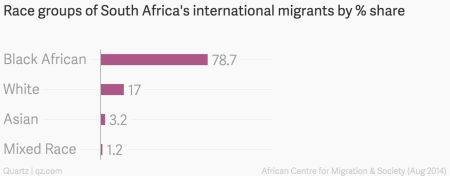
“(The minister) is also developing legislation in relation to foreign nationals doing business in our country – which sectors of the economy can they play in and where and how? That is the kind of legislation she is busy with and we are hoping that soon it will be released for public engagement,” Lamola said.
Lamola said the reality was that foreign nationals were needed in certain sectors of the economy for it to grow.
“The legislation will also have to cover and be realistic to such kind of dynamics because we are not going to wake up and have a massive deportation of Zimbabweans, Mozambicans and Lesotho nationals,” Lamola said.
“We need to put in place legislation that will be able to set aside and strike a clear balance that will help us to still grow the economy for the benefit of everyone in South Africa, but still be able to say there are sectors that we need to regulate and be clearly stated that no foreign national can run this kind of a business”.
Lamola denied this was protectionism.
“Because South Africa is the most industrialised economy on the continent, we are going to be the biggest beneficiaries of the Africa Free Trade Agreement. We don’t have the luxury of closing our borders altogether.”
Attacks on foreigners broke out in Johannesburg, South Africa late August 2019, which saw the destruction of more than 50 shops and business premises mainly owned by Africans from countries in the rest of the continent. Cars and properties were torched and widespread looting took place. The violence against African nationals may be a reaction to extra competition for jobs and services in Africa’s most-industrialized economy.
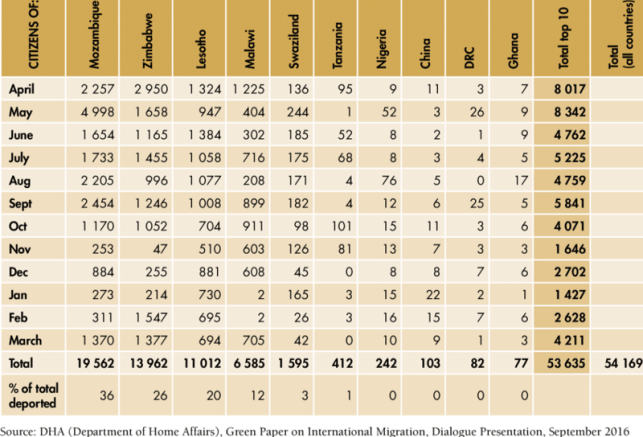
Read also:Here Is Why It Is Difficult For Foreign-owned Startups To Exist In Ghana
Charles Rapulu Udoh

Charles Rapulu Udoh is a Lagos-based Lawyer with special focus on Business Law, Intellectual Property Rights, Entertainment and Technology Law. He is also an award-winning writer. Working for notable organizations so far has exposed him to some of industry best practices in business, finance strategies, law, dispute resolution, and data analytics both in Nigeria and across the world

